The Senate Agriculture Committee has released a new discussion draft focused on creating a market structure for digital commodities, signaling renewed momentum in Washington’s efforts to regulate the crypto industry. The draft outlines how Congress envisions the Commodity Futures Trading Commission (CFTC) overseeing digital asset spot markets, giving the agency a clearer mandate as crypto regulation continues to evolve.
The bill defines key concepts around digital commodities and sets parameters for how the CFTC might supervise trading activity. Several sections remain bracketed, showing that lawmakers have yet to reach final agreement on important elements such as specific definitions, conflict-of-interest rules, and requirements for CFTC commissioners. These placeholders indicate that bipartisan negotiations are still underway.
Senate Agriculture Committee Chair John Boozman emphasized that expanding the CFTC’s authority must come with sufficient resources for enforcement, market oversight, and consumer protection. Sen. Cory Booker noted that the draft represents progress but stressed the need to address regulatory arbitrage, ethical concerns, and the agency’s staffing challenges before the bill can advance.
Industry leaders welcomed the draft’s release, viewing it as a meaningful step despite a compressed congressional calendar and the recent government shutdown. Representatives from the Blockchain Association, the DeFi Education Fund, and the Crypto Council for Innovation praised the continued work toward a comprehensive, fit-for-purpose regulatory framework. Many are particularly watching how the unresolved DeFi section will ultimately address developer protections and distinguish decentralized technology from centralized intermediaries.
Still, the legislative path remains uncertain. With only a few working weeks left in the year, markup hearings or full committee votes may be difficult to schedule. Even if both the Agriculture and Banking Committees advance their versions, they must combine them before the bill can reach the Senate floor. After that, the House will have to decide whether to adopt the Senate’s merged bill or negotiate additional provisions from its own Clarity Act.
Given these hurdles, experts suggest that final passage is unlikely before 2026, placing crypto legislation squarely in the next election cycle. Nonetheless, the new draft confirms that Congress is still actively shaping the future of U.S. digital asset oversight.










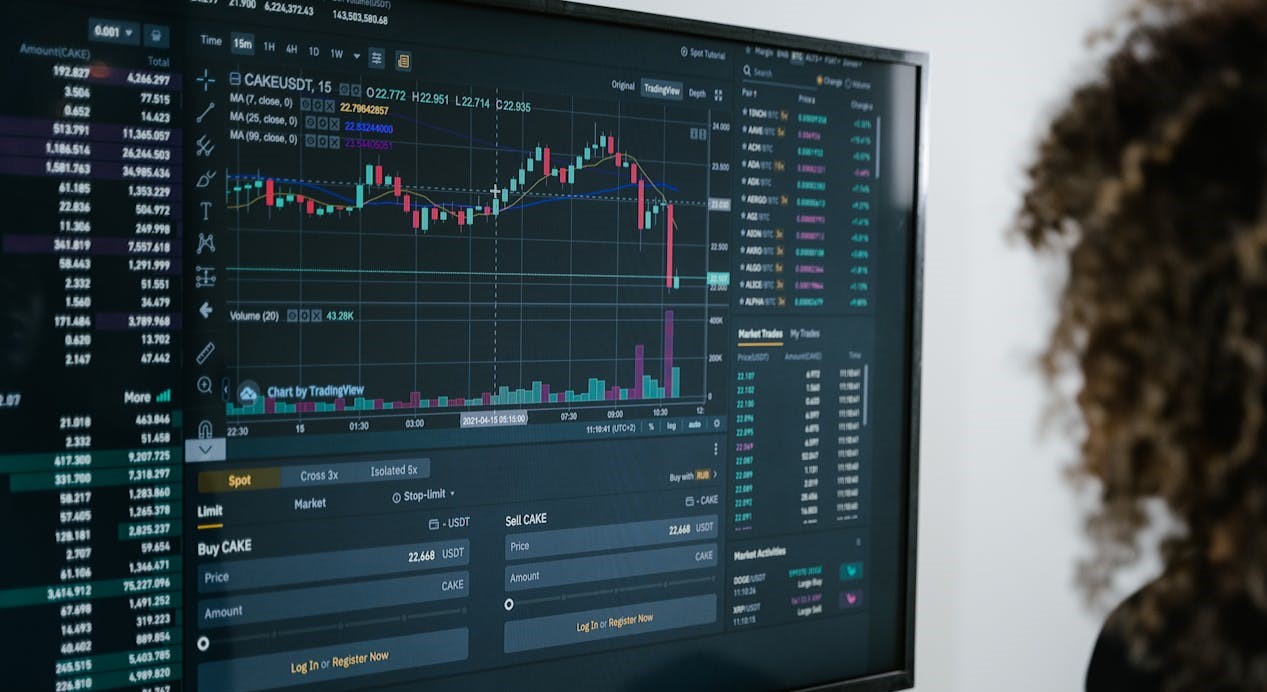


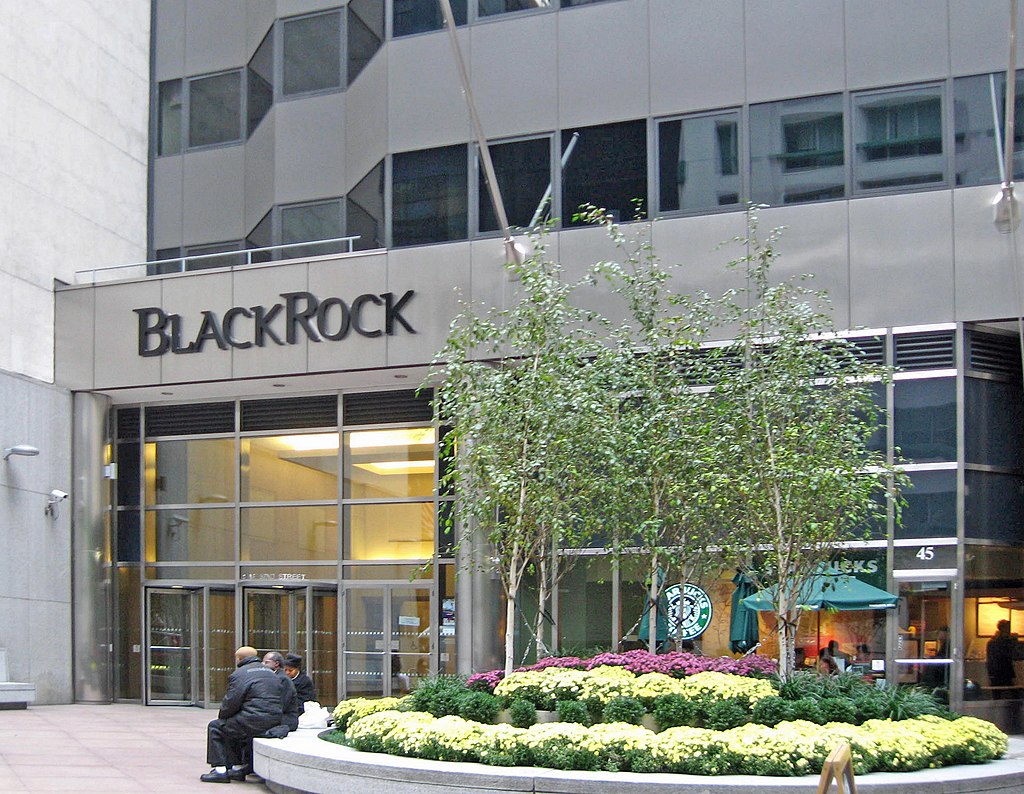



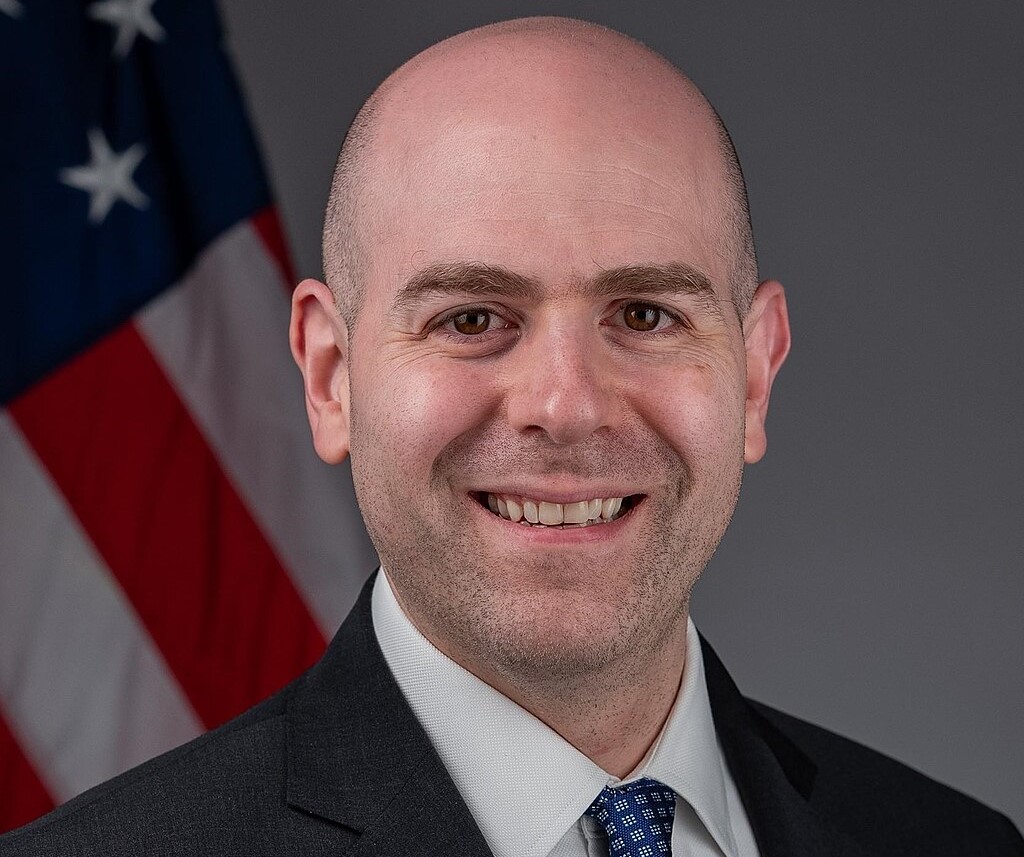


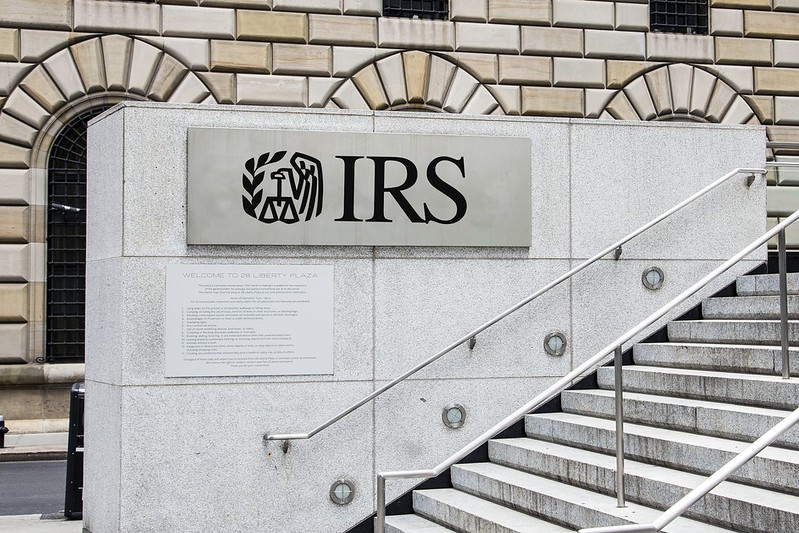
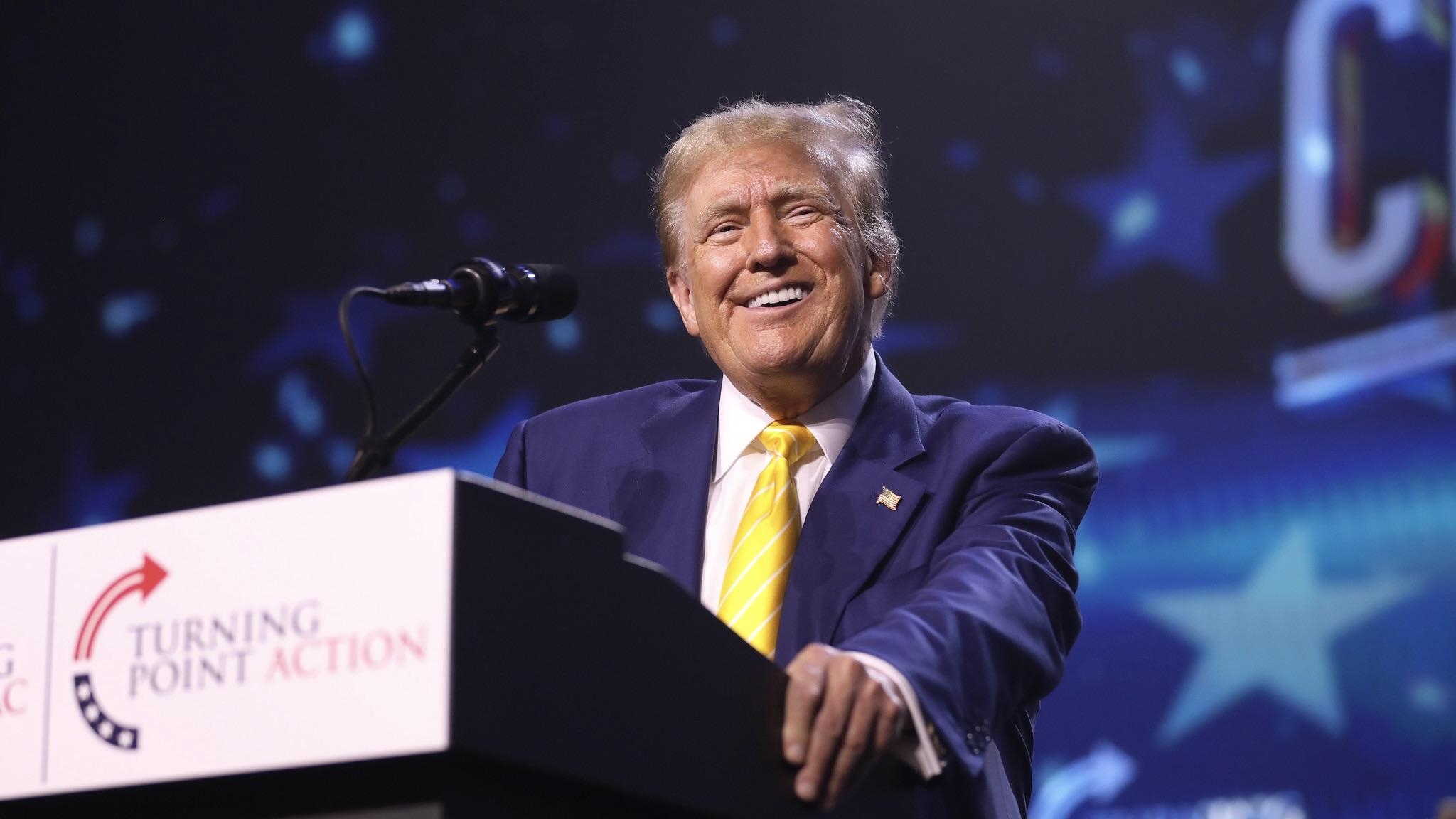



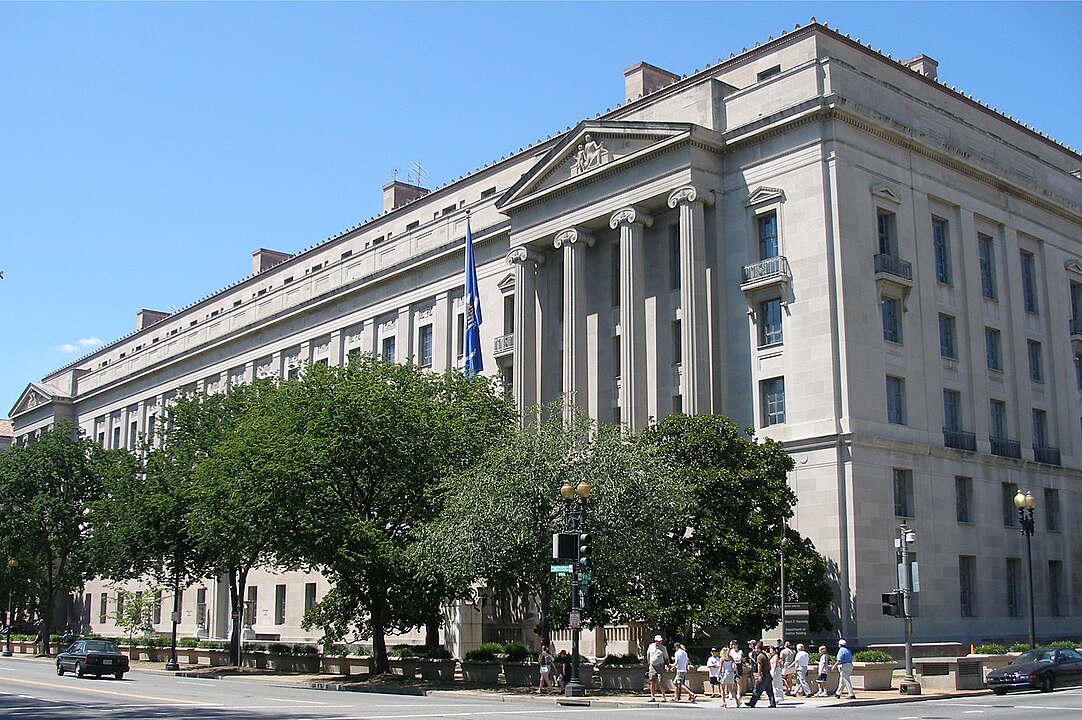


Comment 0